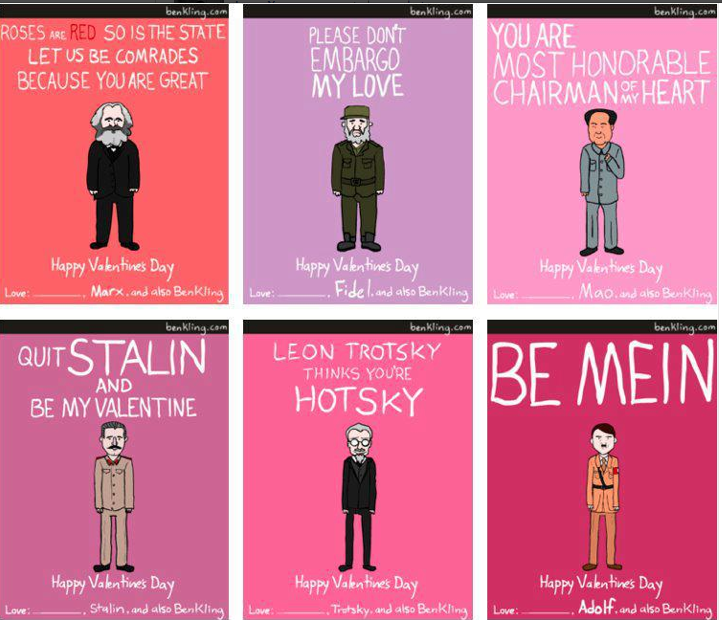Sometimes I think I should have stuck to being a software developer– it would have meant less time at the computer. I’m looking forward to summer being over, when things should get a little less hectic.
I recently put together a presentation of my current researchy projects for my new advisor, Upmanu Lall. I discovered that no one at Columbia does what I want to do (most recently: Fisheries and Complexity), but Upmanu has an encyclopedic knowledge of new techniques and is super supportive to let me pursue my own projects. Here’s the presentation, for anyone interested:
The biggest piece this leaves out is a cool iPad app startup that I’m working half-time for to support Flame’s impending master’s program (Climate and Society at the Earth Institute!) and our summer travels (see below).
My uncle Bill from New Mexico visited NYC for the first time last weekend, reminding me of all the reasons I love my father’s side of the family. I don’t often keep in touch with them– on the whole, an open, troubled, intelligent, down-to-earth clan– but that is something I need to remedy.
My non-research plans for the summer have coalesced into a strategic odyssey across half the globe. It’s strategic because I can get financial help for three of the four main stops, and the two others are enroute to them. It will be an odyssey since each main stop is only for a week. Here’s the plan:
- June 12 – June 20: Stockholm, where I’ve been invited to share ideas for my fisheries research.
- June 20 – June 28: Northern India, my first trip to India, for a not-to-be-missed wedding.
- June 28 – July 4: Paris, for a Science and Policy Summer School I’m helping organize.
- July 4 – July 5: A train from Paris to Geneva, a day there, then a cheap flight to Tel Aviv.
- July 5 – July 12: Israel, joining a trip of Flame’s family to visit relatives.
- July 12 – July 15: Kiev, a convenient stopover on the way back home.
Anyone want an apartment in NYC at Columbia-subsidized rates for those dates?


